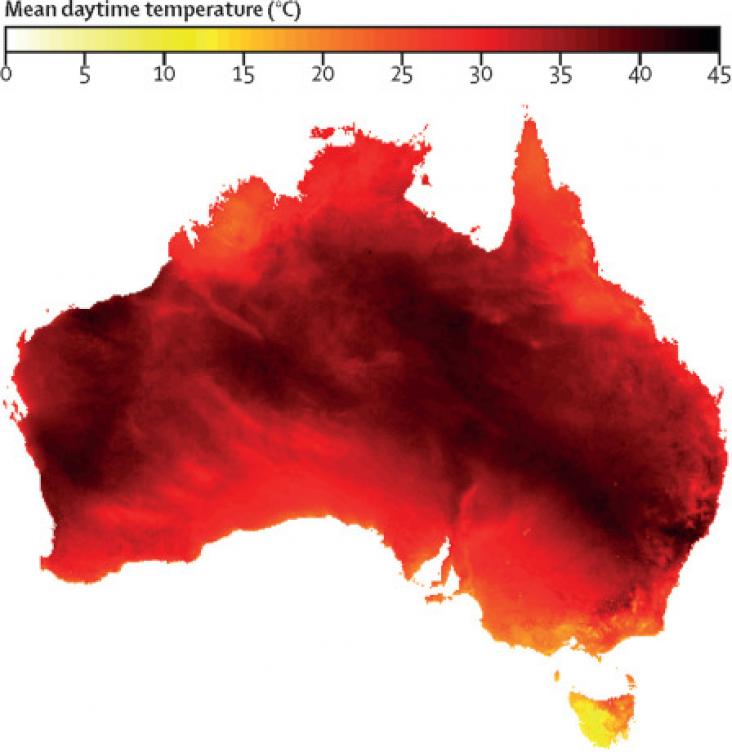Climate policy targets.
An Article in support of SDGs 3 and 13, investigating the effect of climate change on malaria transmission across different geographical regions
With the continuous development of human society, people's over-exploitation of nature leads to frequent environmental problems.
The plastic sector is hard to decarbonize due to the widespread use of fossil energy as raw materials and the complex value chains rooted across global markets. This Review article takes a synthesis of existing literature and discusses potential and challenges in deep decarbonizing the global plastic sector via the aspects of technology and governance.
Milk alternatives are compared from an environmental and nutritional point of view for more sustainable food systems.
This Review supports SDGs 3 and 6, focusing on the complex ways that multiple factors interact during droughts to influence HIV treatment adherence. The authors suggest that economic and livelihood challenges resulting from food and water insecurity during droughts have the biggest impact on adherence.
This paper is a review of renewable energy potentials and energy usage statistics in Ghana.
Background: Human impacts on earth-system processes are overshooting several planetary boundaries, driving a crisis of ecological breakdown.

Background: Increasing air conditioner use for cooling indoor spaces has the potential to be a primary driver of global greenhouse gas emissions.

Carbon capture and storage (CCS) has been recognized as a key technology in energy systems decarbonization.
